






5-Star Valuation Services, Loved by Hundreds
Your Appraiser Search Ends Here
AppraiseItNow offers defensible personal property appraisals for any legal or tax need.


Easy & Fast Online Appraisal Process
Our unique model allows us to meet super tight deadlines for tax filings, court dates, internal company project timelines.

Industry-Leading Appraisal Speed
Our unique business model means that we always have a credentialed appraiser available to work on your project, and we can meet obscure and short deadlines for tax filings, court submissions, internal projects, and more. Even if that means preparing your appraisal within 24 hours!

Any Asset Covered
This means that we can appraise any type of item including furniture, artwork, jewelry, business inventory, machinery & equipment, cars, boats, and more!

Servicing Enterprises & Individuals
Our company services anyone from an individual with a single couch to an enterprise needing contents of multiple offices or warehouses appraised.

Defensible for Any Purpose
Frequently Asked
Questions
No Frequently Asked Questions Found.
The concept operates on a straightforward principle: if a borrower fails to repay the loan according to agreed terms, the lender retains the legal right to seize and liquidate the pledged asset to recover their financial losses. These assets can range widely, including real estate properties, vehicles, cash accounts, business inventory, equipment, and investment portfolios.
For borrowers, utilizing collateral can yield significant advantages. Secured loans typically feature more attractive terms, such as reduced interest rates and potentially higher borrowing limits. Individuals with limited credit history or lower credit scores may find collateral particularly beneficial, as it increases their likelihood of loan approval by providing lenders with additional confidence.
However, borrowers must carefully evaluate their financial capabilities before pledging assets. The potential consequences of defaulting—losing a valuable asset like a home or vehicle—underscore the importance of thorough financial planning and realistic repayment assessments.
Lenders view collateral as a critical risk management tool, enabling them to extend credit more confidently and under more favorable conditions. By having a tangible asset backing the loan, financial institutions can mitigate potential monetary losses and create a more structured lending environment.
The dynamics of loan collateral reflect a nuanced balance between borrower needs and lender protections, representing a sophisticated approach to managing financial risk in lending transactions.
The primary purpose of a collateral appraisal is to establish a precise and unbiased assessment of an asset's worth. This professional valuation ensures lenders can accurately gauge the potential risk associated with extending credit. By determining the true market value, financial institutions can make informed decisions about loan amounts, terms, and potential recovery strategies in case of default.
For borrowers, an appraisal offers transparency and credibility in the lending process. It provides documented evidence of an asset's value, which can potentially strengthen negotiation positions and lead to more favorable loan terms. The appraisal serves as an independent verification that protects both parties' interests by establishing a clear, professional understanding of the asset's economic standing.
Beyond immediate lending considerations, an appraisal also captures broader market insights. Professional appraisers analyze current market trends, potential asset depreciation, and comparative values, which can offer valuable context about the collateral's long-term financial implications.
Regulatory compliance represents another critical aspect of collateral appraisals. Financial institutions must adhere to strict guidelines that mandate thorough due diligence in credit extension. A comprehensive appraisal helps satisfy these requirements, mitigating potential legal and financial risks for all involved parties.
Ultimately, a professional appraisal transforms a potentially subjective asset valuation into an objective, defensible assessment. It provides a foundation of trust, accuracy, and informed decision-making in the complex landscape of loan collateralization.
The valuation encompasses a holistic examination of the equipment's current condition, operational functionality, technological relevance, and potential market demand. Professional appraisers conduct an in-depth analysis that goes beyond simple numerical calculations, integrating complex considerations such as equipment age, technological sophistication, compliance with current healthcare standards, and potential future utility.
Specialized appraisers utilize advanced methodological approaches to establish an accurate and defensible valuation. This involves extensive market research, comparative analysis of similar equipment, thorough inspection of physical and operational characteristics, and careful consideration of industry-specific depreciation standards.
The appraisal process considers multiple dimensions that impact equipment value, including technological obsolescence, maintenance history, regulatory compliance, and potential for future use. Each piece of medical equipment is evaluated with precision, recognizing that medical technology represents a significant financial investment for healthcare institutions.
These comprehensive assessments serve critical functions across the healthcare ecosystem, providing essential insights for financial planning, asset management, insurance documentation, and strategic decision-making. By offering an objective, detailed evaluation, medical equipment appraisals enable healthcare organizations to make informed choices about their technological resources and investments.
Clients can initiate an online appraisal by submitting detailed documentation about their medical equipment. This typically includes high-resolution photographs, precise model numbers, equipment specifications, and a comprehensive description of its current condition. Professional appraisers utilize these digital submissions to conduct thorough and reliable assessments.
Advanced digital platforms now enable interactive appraisal experiences through video conferencing technologies. These virtual consultations allow direct communication between appraisers and clients, facilitating real-time equipment demonstrations and immediate clarification of technical details. Such approaches ensure a transparent and comprehensive valuation process.
Every online medical equipment appraisal adheres to the Uniform Standards of Professional Appraisal Practice (USPAP), guaranteeing professional integrity and compliance across different states. The digital methodology maintains the same rigorous standards as traditional in-person assessments, providing clients with reliable and legally recognized valuation documentation.
The online appraisal process offers significant advantages, including convenience, reduced wait times, and broader accessibility. Clients can now receive professional equipment valuations from anywhere, streamlining what was once a complex and time-consuming process.
Different types of appraisers bring unique perspectives and skill sets to their evaluations. Clinical appraisers concentrate on equipment actively used in patient care environments, examining performance, technological capabilities, and regulatory adherence. They often develop expertise in specific domains like diagnostic imaging, surgical technologies, or patient monitoring systems.
Financial appraisers apply a quantitative lens, analyzing market dynamics, economic trends, and potential return on investment. Their assessments are particularly valuable for healthcare organizations seeking precise valuation for resale, financial reporting, or strategic asset management.
Technical appraisers leverage deep engineering and technical knowledge to comprehensively assess medical device functionality. They scrutinize equipment age, maintenance history, operational performance, and technical specifications to determine comprehensive market value.
Regulatory appraisers specialize in ensuring medical equipment meets stringent health and safety standards. Their evaluations consider compliance history, certification requirements, and alignment with current regulatory frameworks, providing crucial insights for healthcare providers navigating complex compliance landscapes.
Estate appraisers focus on medical equipment valuation during asset distribution scenarios, such as professional retirement or estate settlements. They provide objective, market-aligned assessments that support fair and accurate asset valuation.
The selection of an appropriate medical equipment appraiser depends on the specific evaluation objectives, ensuring stakeholders receive precise, contextually relevant valuations that support informed decision-making.
Financial reporting relies heavily on accurate equipment valuation. By establishing precise current market values, healthcare providers can optimize depreciation calculations, enhance asset management strategies, and create more transparent financial statements. This precision supports better budgeting and resource allocation decisions.
Taxation compliance represents another crucial aspect of medical equipment appraisals. When organizations consider equipment donations or need to document asset values, a professional appraisal becomes indispensable. These assessments help prevent potential tax complications and ensure regulatory adherence, particularly for donations exceeding specific monetary thresholds.
Insurance coverage requires meticulous valuation to protect significant medical equipment investments. An accurate appraisal guarantees that insurance policies genuinely reflect replacement costs, mitigating risks of underinsurance during potential loss, damage, or theft scenarios.
Legal proceedings often demand objective third-party equipment valuations. Whether resolving partnership disputes, managing organizational transitions, or navigating complex litigation, a professional appraisal provides authoritative documentation of asset worth, facilitating fair negotiations and informed decision-making.
Mergers, acquisitions, and equipment transactions also benefit significantly from comprehensive appraisals. Buyers and sellers can establish fair market values, negotiate confidently, and understand the true economic implications of medical equipment investments.
By embracing systematic medical equipment appraisals, healthcare organizations transform asset evaluation from a routine administrative task into a strategic management tool that supports financial integrity, operational efficiency, and long-term organizational planning.
Understanding Medical Equipment Appraisals
Medical equipment appraisals are critical evaluations that determine the fair market value of healthcare-related assets. These appraisals are essential for various financial transactions, including securing loans, divesting of outdated equipment, or merging with other healthcare institutions. Understanding the nuances of these appraisals can help stakeholders navigate the complexities associated with managing medical assets effectively.
The appraisal process typically involves thorough inspections and assessments of an array of equipment, from diagnostic tools like MRI machines to surgical instruments. Qualified appraisers will consider factors such as age, condition, market demand, and any technological advancements that may impact value. This detailed evaluation ensures that both lenders and healthcare providers have a clear understanding of the asset's worth in relation to potential loan collateral.
In addition to supporting financial decisions, accurate appraisals of medical equipment also play a crucial role in compliance and regulatory aspects of healthcare. Proper documentation can help organizations meet audit requirements and ensure adherence to industry standards. Ultimately, understanding medical equipment appraisals provides a foundation for informed decisions, risk management, and strategic planning in healthcare settings.
Importance of Medical Equipment Valuation
Medical equipment valuation is crucial for ensuring that the assets hold their intended financial worth, particularly when used as loan collateral. Accurate appraisals help financial institutions assess the risk associated with lending, allowing them to make informed decisions based on the value of the medical equipment. Furthermore, understanding the true worth of these assets aids healthcare providers in securing necessary funds for ongoing operations or expansions, empowering them to invest in quality care and innovative technologies.
The importance of medical equipment appraisal extends beyond immediate financial transactions; it also plays a significant role in compliance and insurance matters. Properly valuating equipment helps organizations meet regulatory requirements and maintain accurate financial statements. Additionally, in the event of loss or damage, a detailed and accurate appraisal can expedite the insurance claims process, ensuring that healthcare facilities are adequately compensated and can continue providing vital services without disruption.
Types of Medical Equipment Commonly Appraised
Medical equipment appraisals are essential for determining the value of various devices that play a critical role in healthcare delivery. Common types of medical equipment that are often appraised include imaging machines such as MRI and CT scanners, surgical instruments, and patient monitoring systems. These devices not only represent significant investments for healthcare facilities but also have specific market demands that can fluctuate based on technological advancements and regulatory changes.
In addition to imaging and surgical equipment, other categories may include laboratory instruments, dental equipment, and rehabilitation devices. Understanding the nuances of each type, including their condition, age, and usage patterns, is vital for accurate appraisals. Evaluating each medical device not only aids in loan collateral situations but also assists in asset management and resale strategies for healthcare providers.
Factors Influencing the Value of Medical Equipment
The value of medical equipment is influenced by multiple factors, including age, condition, brand reputation, and technological advancements. Equipment that is newer and in excellent working condition generally commands a higher price, as does equipment from reputable manufacturers known for durability and reliability. Additionally, certain types of technology may become obsolete as new innovations are introduced, affecting the market demand and value of older models. Understanding these variables is essential for accurate appraisal, particularly when evaluating the equipment for loan collateral purposes.
Market trends and regulatory changes can also significantly impact the valuation of medical equipment. For instance, shifts in healthcare regulations may dictate the necessity of certain devices, thereby altering their demand in the market. Similarly, fluctuations in the healthcare sector's budget and purchasing patterns can influence how much lenders are willing to extend for collateral. Appraisers must consider these external factors alongside intrinsic attributes to provide a comprehensive value assessment.
The Appraisal Process: What to Expect
The appraisal process for medical equipment as loan collateral begins with a comprehensive evaluation of the items in question. An experienced appraiser will conduct a thorough assessment of each piece of equipment, considering factors such as age, condition, functionality, and market demand. This detailed analysis helps to establish the fair market value of the equipment, ensuring that lenders have an accurate understanding of the collateral's worth.
Next, appraisers may use various valuation methods to determine the appropriate value, including cost approach, market approach, and income approach. The cost approach assesses the cost to replace the equipment minus any depreciation, while the market approach compares similar items sold in the market. The income approach, on the other hand, estimates the potential income the equipment can generate, providing a well-rounded perspective on its value.
Throughout the appraisal process, clear communication between the appraiser, lender, and borrower is crucial. The appraiser will provide a detailed report summarizing their findings, including photographs and supporting documentation to substantiate the valuation. Understanding the appraisal process not only helps borrowers prepare for discussions with lenders but also ensures that all parties involved have realistic expectations regarding the collateral's worth and potential financing outcomes.
Key Players in Medical Equipment Appraisals
When it comes to medical equipment appraisals, several key players contribute to ensuring accurate and reliable valuations. These include certified appraisers with specialized knowledge in the healthcare sector, equipment manufacturers, and financial institutions. Certified appraisers assess the condition and market value of the equipment, taking into account factors like age, usage, and technological advancements that may impact value. Their expertise is crucial for both lenders and borrowers to make informed decisions regarding loan collateral.
Manufacturers also play an essential role in the appraisal process. They provide valuable information about the equipment specifications, original costs, and available warranties that can influence valuation. In addition, manufacturers may offer insights into the depreciation of their products over time, which can be critical in determining loan amounts and terms. Understanding the manufacturer's perspective helps ensure appraisals reflect both current market conditions and potential future values.
Lastly, financial institutions, such as banks and credit unions, are integral to the medical equipment appraisal process. They rely on appraisals to evaluate the risk associated with lending against specific assets, guiding their lending decisions and policies. Close collaboration between appraisers and financial institutions ensures that the values assigned to medical equipment are not only fair but also aligned with market trends and lending practices. This teamwork fosters an environment of trust and transparency among all parties involved in the lending process.
Regulatory Standards and Guidelines
Medical equipment appraisals for loan collateral must adhere to various regulatory standards and guidelines designed to ensure accuracy, reliability, and compliance. The Federal Food, Drug, and Cosmetic Act, along with regulations from the Food and Drug Administration (FDA), mandates that medical devices meet specified safety and efficacy criteria. Appraisers must be well-versed in these regulations to properly assess the value of equipment while considering its authorized usage and any compliance issues that could affect its marketability as collateral.
Additionally, industry standards such as those set by the American Society for Quality (ASQ) and the International Organization for Standardization (ISO) play significant roles in the appraisal process. These standards emphasize the importance of thorough documentation, maintenance history, and manufacturer specifications, all of which contribute to determining an accurate value. Understanding these guidelines not only helps appraisers provide a credible assessment but also reassures lenders of the equipment's potential to serve as viable collateral.
Common Mistakes in Medical Equipment Appraisals
One of the most common mistakes in medical equipment appraisals is overlooking the equipment's condition and maintenance history. An appraiser must thoroughly assess the operational state and any wear or damages that may affect the equipment's current value. Neglecting to consider these factors can lead to inflated valuations that do not reflect true worth in the market, ultimately impacting the credibility of the appraisal.
Another significant pitfall is failing to compare similar equipment sales. Many appraisers might rely solely on outdated pricing models or ignore the nuances of specific medical equipment categories. Evaluating recent sales data and market demand for comparable items is crucial; this ensures that the appraisal process accurately captures current market trends and valuations.
Finally, inadequate documentation can severely hinder the appraisal process. Appraisers should always secure detailed records, including invoices, service histories, and compliance certifications, to substantiate their findings. Insufficient documentation not only undermines the appraisal's reliability but may also lead to challenges in securing loan collateral or resale opportunities in the future.
How Appraisals Impact Loan Approval
The appraisal of medical equipment plays a crucial role in the loan approval process, as lenders need to assess the value of the collateral they are receiving in exchange for financing. Accurate appraisals provide an informed estimate of the equipment's worth, which helps lenders determine the risk associated with the loan. If the equipment has a strong market value, it can bolster the borrower's chance of securing a loan, as the lender has tangible assurance for repayment through the collateral.
Moreover, medical equipment appraisals are not only essential for loan approval but also for establishing a baseline of value for future financial decisions. Regular appraisals can help owners understand depreciation, evaluate potential upgrades, or even inform them about insurance coverage. Consequently, having an accurate appraisal in hand not only facilitates smoother interactions with lenders but also equips healthcare providers with the information necessary to make sound financial choices regarding their medical assets.
Timing: When to Get an Appraisal for Loan Collateral
Understanding the right timing for obtaining a medical equipment appraisal is essential, especially when considering its use as loan collateral. Generally, it is advisable to get an appraisal prior to applying for a loan, as this provides a clear picture of the equipment's value, helping both the borrower and the lender gauge the risk involved. In many cases, lenders require a valuation to ensure that the equipment meets collateral standards before funds are secured, making the appraisal an integral part of the financing process.
Additionally, circumstances may arise where a reassessment of medical equipment value is necessary, such as when upgrading or liquidating assets. Regular appraisals can keep business owners informed about the market conditions and depreciation rates affecting their equipment. By aligning the timing of appraisals with these financial decisions, borrowers can make informed choices that enhance their negotiating power and establish strong relationships with financial institutions.
Cost Considerations for Medical Equipment Appraisals
When considering a medical equipment appraisal for loan collateral, it's essential to factor in several cost considerations that can influence the overall investment. The complexity and variety of equipment being appraised often dictate the appraisal fees, which may vary based on the item's age, condition, and market demand. Additionally, specialized equipment may require appraisers with specific expertise, potentially leading to higher costs due to the need for advanced knowledge and research. Understanding these factors will help stakeholders navigate the financial landscape when securing loans using medical equipment as collateral.
Another important aspect of cost considerations involves the appraisal method chosen. Different methodologies, such as the cost approach, market approach, and income approach, can provide varying insights into the equipment's value and may come with different pricing structures. Furthermore, timelines for the appraisal process could impact costs, as expedited services often incur additional fees. Therefore, it's crucial for borrowers to weigh their options carefully and engage with reputable appraisers to ensure a thorough understanding of both the costs involved and the resulting valuations.
Frequently Asked Questions About Medical Equipment Appraisals
Medical equipment appraisals serve a crucial role in determining the value of equipment used within healthcare settings, particularly when securing loans. Lenders often require a comprehensive valuation to assess the amount of risk associated with financing a medical enterprise. Such appraisals take into account factors like the equipment's condition, age, market demand, and depreciation rates. Understanding these elements can help organizations make informed decisions about using their equipment as collateral for loans.
When navigating the appraisal process, many may wonder what specific types of medical equipment require appraisals. Generally, any significant assets such as MRI machines, ultrasound devices, and surgical instruments can benefit from a detailed evaluation. Additionally, organizations may seek appraisals to verify values for insurance purposes or for potential resale in a secondary market. Ultimately, a thorough understanding of medical equipment appraisal can empower healthcare providers to manage their assets more effectively and optimize their financial strategies.
View all Locations
APPRAISEITNOW APPRAISERS ARE BEST-IN-CLASS & CREDENTIALED BY LEADING APPRAISAL ORGANIZATIONS LIKE THE ISA, ASA, & MORE.






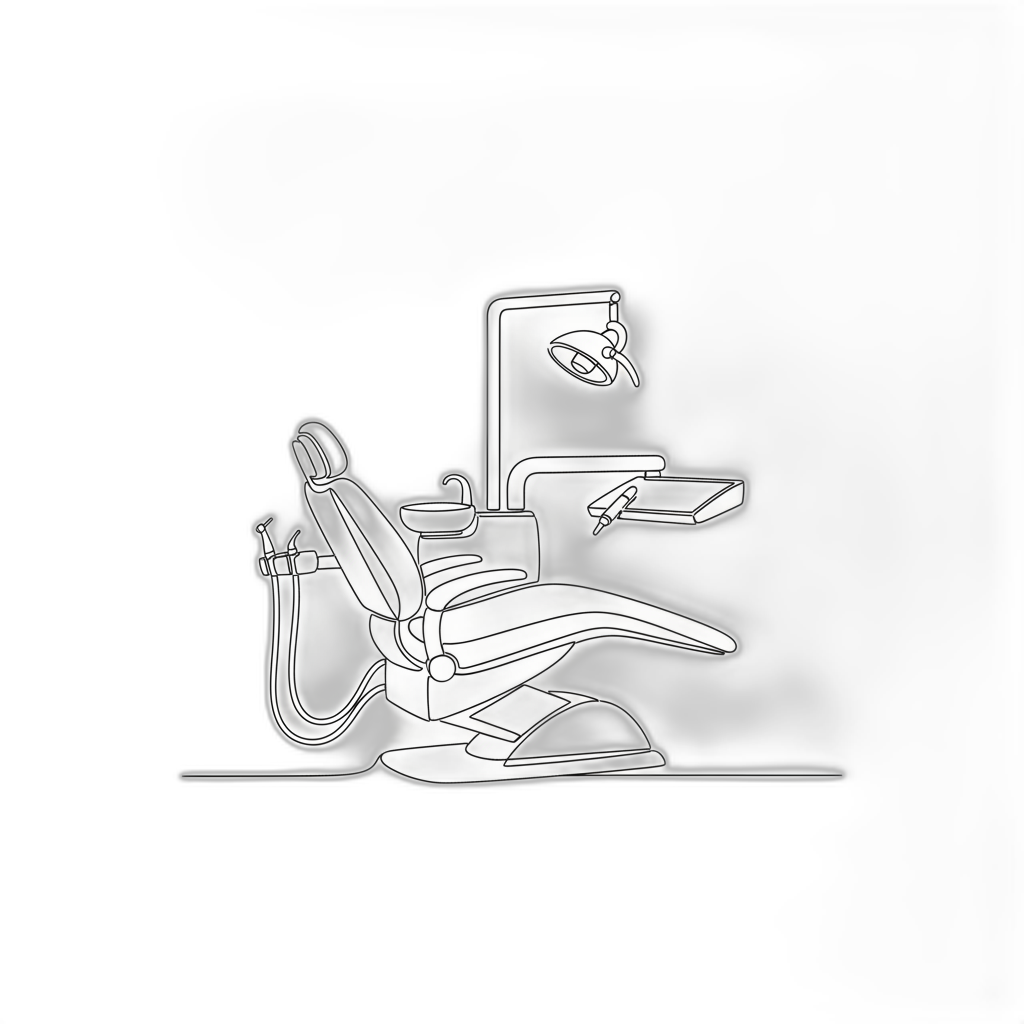
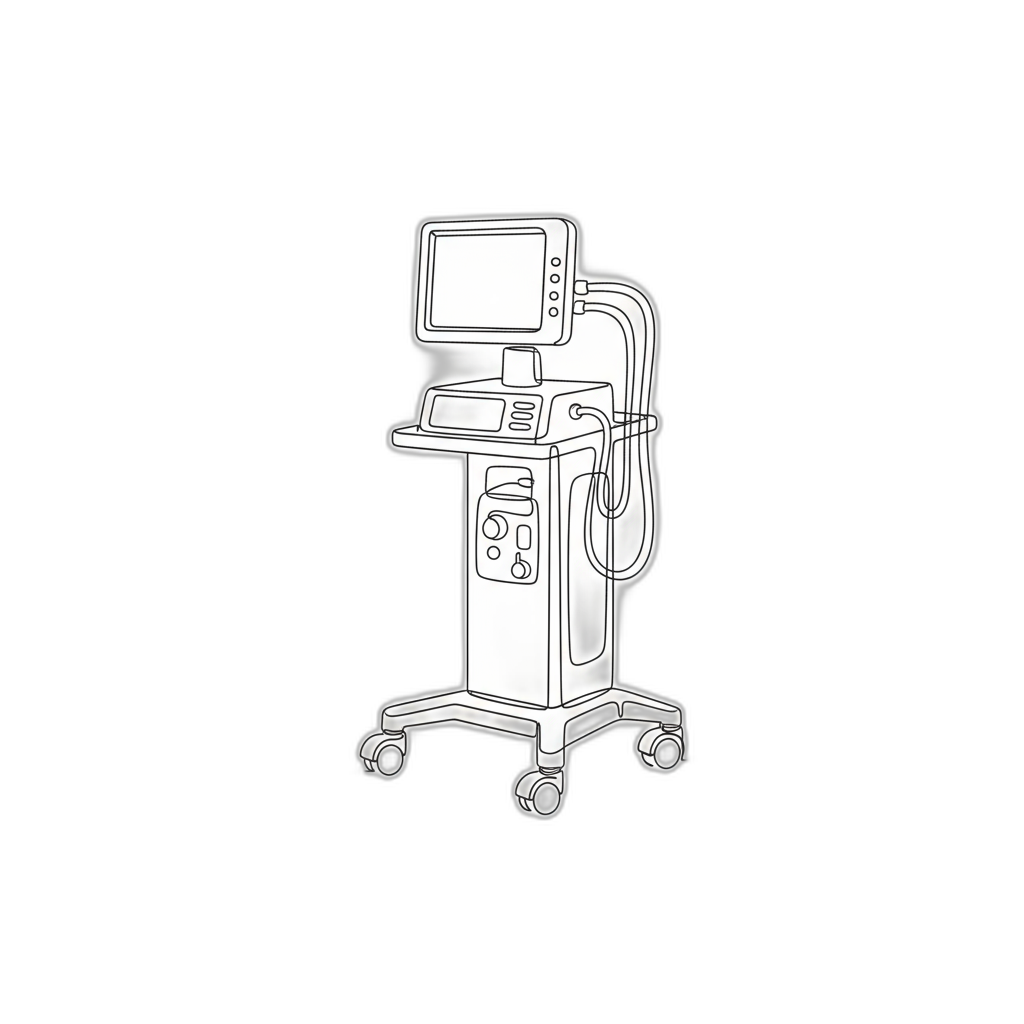
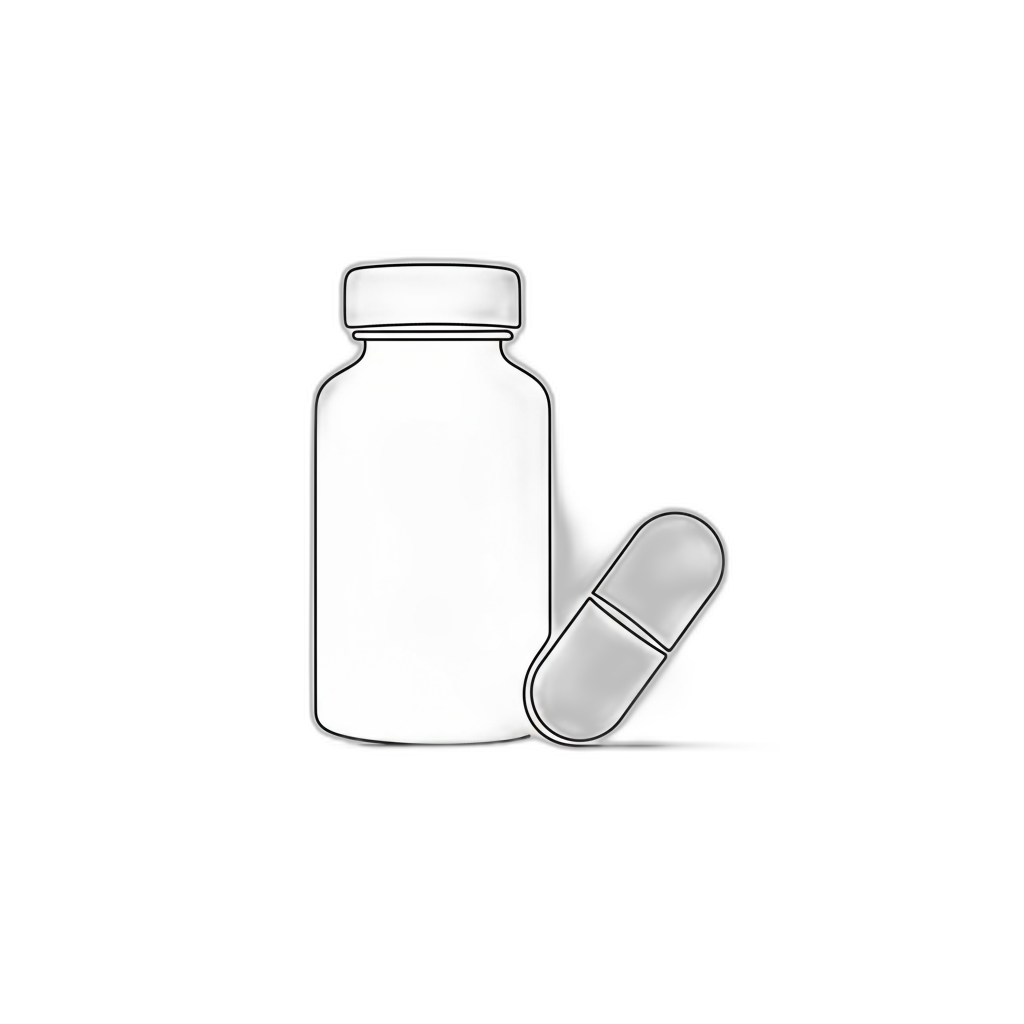
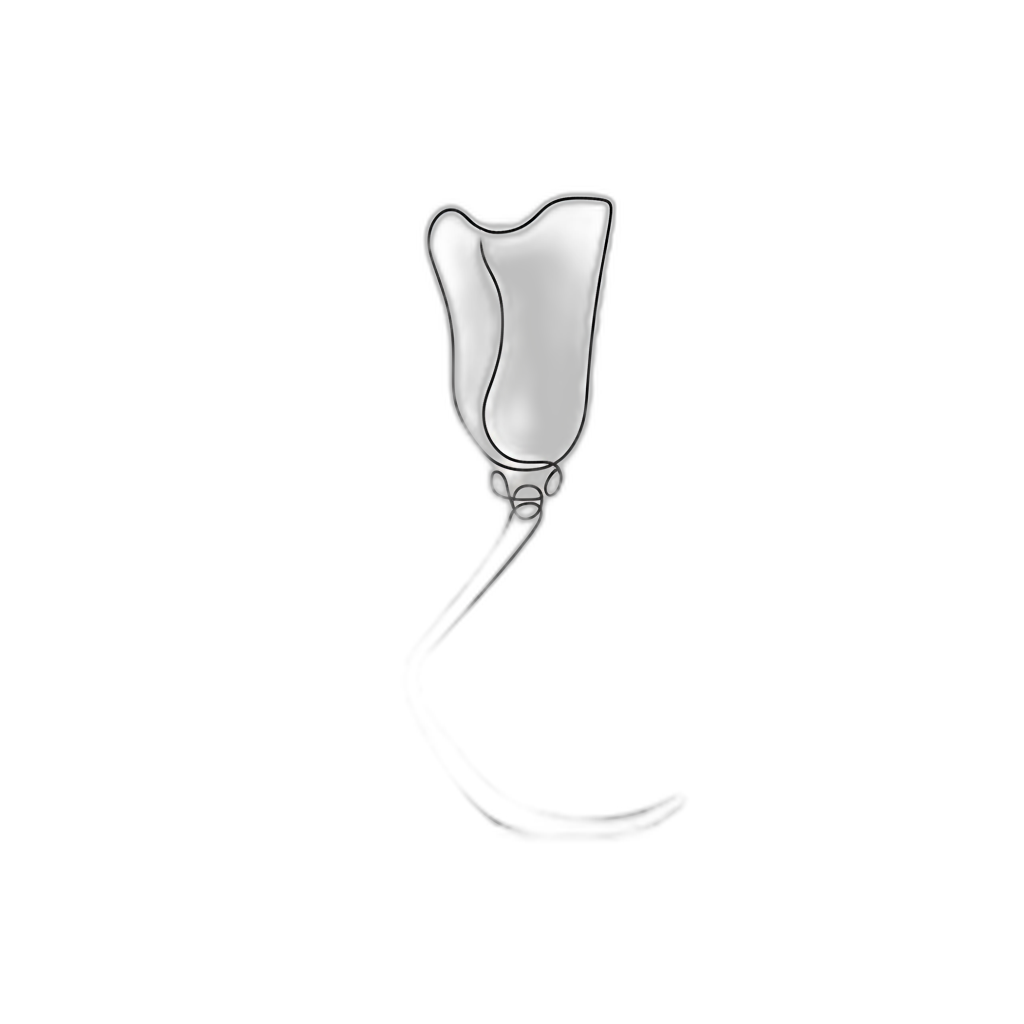
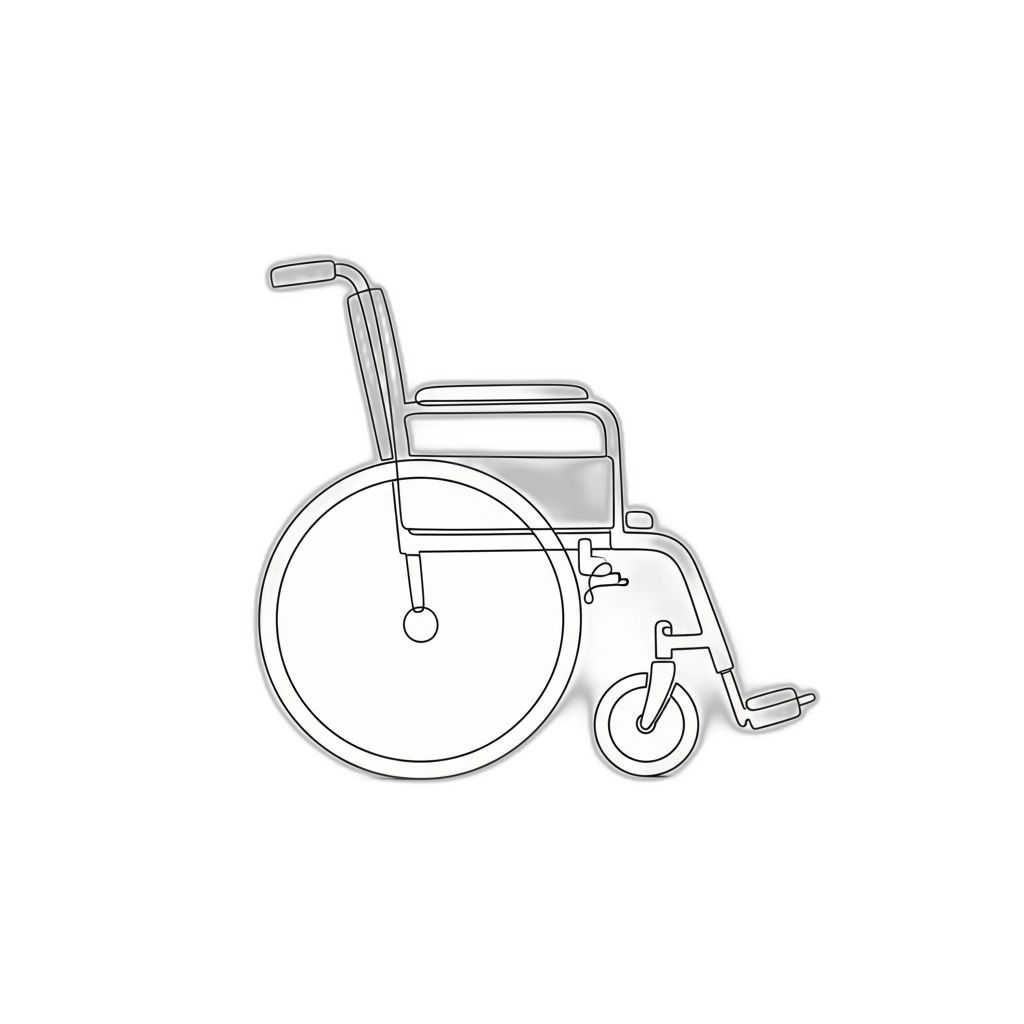
.svg)










